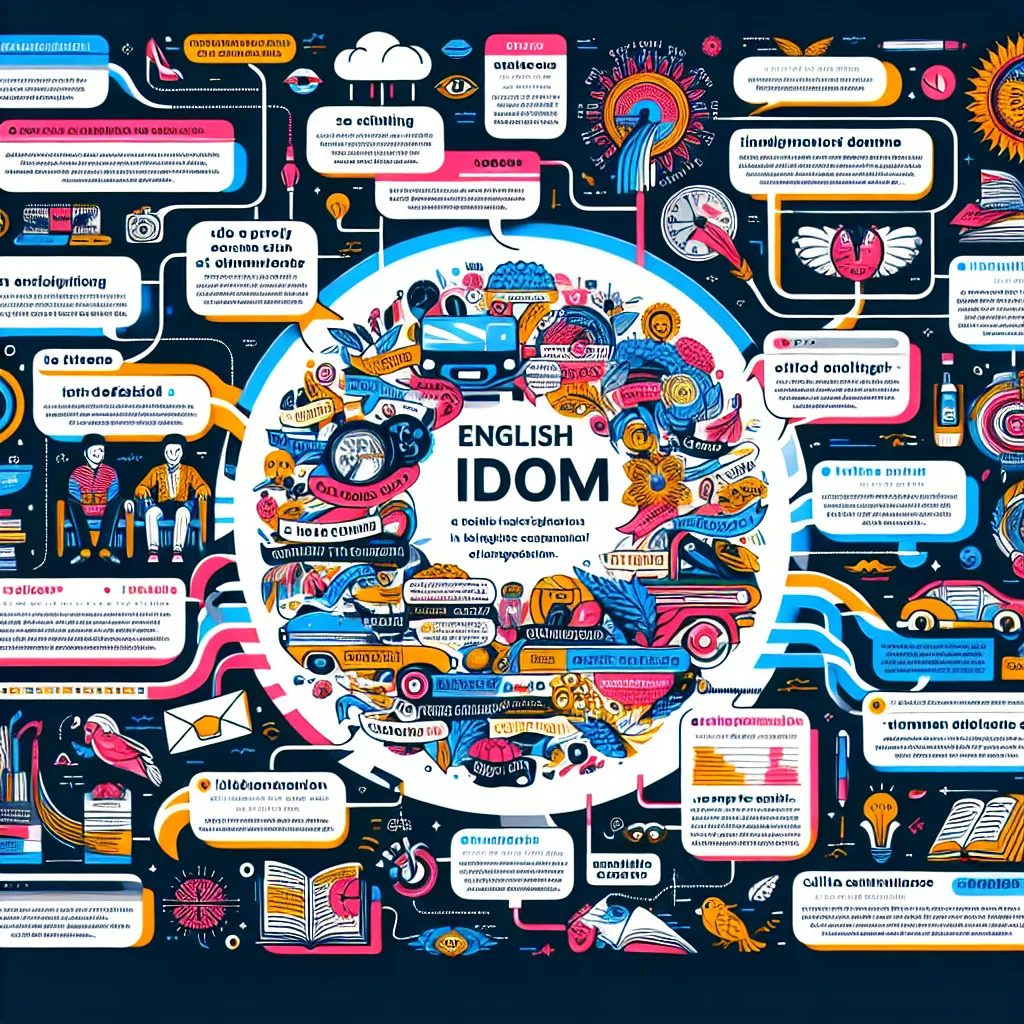Are you looking to enhance your English test-taking abilities? Whether you’re preparing for IELTS, TOEFL, or any other English proficiency exam, developing strong test-taking strategies is crucial for success. In this comprehensive guide, we’ll explore effective techniques to boost your performance and confidence in English language tests.
Understanding the Importance of Test-Taking Strategies
English language tests play a pivotal role in academic and professional settings worldwide. They assess your ability to comprehend, communicate, and use English effectively. However, success in these exams isn’t just about language proficiency; it’s also about knowing how to approach the test strategically.
 English Test Strategies
English Test Strategies
Why Test-Taking Skills Matter
- Time Management: Most English tests have strict time limits. Knowing how to allocate your time efficiently can make a significant difference in your score.
- Stress Reduction: Familiarity with test formats and question types can reduce anxiety and improve performance.
- Score Optimization: Strategic approaches can help you maximize your score, even when you’re unsure about some answers.
Key Strategies for English Test Success
1. Familiarize Yourself with the Test Format
Before the exam day, make sure you:
- Study the test structure and question types
- Understand the scoring system
- Practice with sample tests and past papers
For instance, if you’re taking the IELTS exam, familiarize yourself with the four sections: Listening, Reading, Writing, and Speaking. Each has its unique format and requirements.
2. Develop Effective Time Management Skills
Time pressure is a significant factor in most English tests. To manage your time effectively:
- Practice with timed mock tests
- Learn to allocate time for each section based on its weight and your strengths
- Use a watch or the clock in the exam room to keep track of time
For example, in the TOEFL reading section, you typically have 54-72 minutes to answer 30-40 questions. Practice dividing this time efficiently among the passages and questions.
3. Improve Your Reading Strategies
For reading comprehension sections:
- Skim the passage quickly to get an overview
- Read questions before diving into the detailed text
- Practice identifying main ideas and supporting details
- Learn to infer meaning from context
A useful technique is the SQ3R method: Survey, Question, Read, Recite, and Review. This structured approach can significantly improve your reading comprehension and retention.
 Reading Strategies
Reading Strategies
4. Enhance Your Listening Skills
For listening sections:
- Practice active listening with English podcasts, news broadcasts, and academic lectures
- Learn to take quick, effective notes
- Pay attention to signposting words and intonation
Try the Cornell note-taking system, which involves dividing your notes into main ideas, details, and a summary. This can help you organize information quickly during listening tasks.
5. Refine Your Writing Techniques
In writing sections:
- Practice brainstorming and outlining quickly
- Learn to write clear, concise topic sentences
- Develop a bank of high-level vocabulary and phrases
- Practice timed writing regularly
For instance, in IELTS Task 2 essays, use the PEEL structure: Point, Explanation, Example, Link. This helps ensure your paragraphs are well-structured and coherent.
6. Boost Your Speaking Confidence
For speaking assessments:
- Practice speaking English daily, even if it’s just to yourself
- Record yourself and analyze your pronunciation and fluency
- Learn common interview questions and practice answering them
- Work on expanding your vocabulary for various topics
A great technique is the STAR method (Situation, Task, Action, Result) for structuring your responses in speaking tests, especially for questions about your experiences.
Advanced Test-Taking Techniques
1. Use Process of Elimination
When faced with multiple-choice questions:
- Eliminate obviously incorrect answers first
- Look for extreme words like “always” or “never,” which are often incorrect
- Compare similar answer choices to spot subtle differences
2. Learn to Make Educated Guesses
If you’re unsure about an answer:
- Look for context clues in the question or passage
- Trust your instincts – your first guess is often correct
- Don’t leave any questions unanswered (unless there’s a penalty for incorrect answers)
3. Develop a Personal ‘Test Language’
Create your own shorthand for note-taking:
- Use symbols and abbreviations
- Develop a consistent system for marking important information
- Practice your system regularly so it becomes second nature
Common Pitfalls to Avoid
- Overthinking: Trust your initial understanding and avoid second-guessing too much.
- Rushing: Pace yourself and read questions carefully before answering.
- Neglecting Instructions: Always read and follow instructions precisely.
- Panicking: If you encounter a difficult section, take a deep breath and move on. You can always return to it later if time permits.
Next Steps for Continuous Improvement
- Set a Regular Study Schedule: Consistency is key in language learning.
- Join Study Groups: Collaborate with others to share strategies and motivation.
- Use Online Resources: Websites like IELTS.NET offer valuable practice materials and tips.
- Seek Feedback: Work with a tutor or language exchange partner for personalized advice.
- Stay Updated: Keep abreast of any changes in test formats or requirements.
Conclusion
Mastering English test-taking skills is a journey that combines language proficiency with strategic thinking. By implementing these strategies and consistently practicing, you can significantly improve your performance in English language tests. Remember, the key to success lies not just in knowing the language, but in knowing how to showcase your skills effectively under test conditions.
We encourage you to start applying these strategies in your preparation today. Share your experiences or ask questions in the comments below, and don’t forget to explore our other articles for more in-depth tips on specific English tests and language skills.




